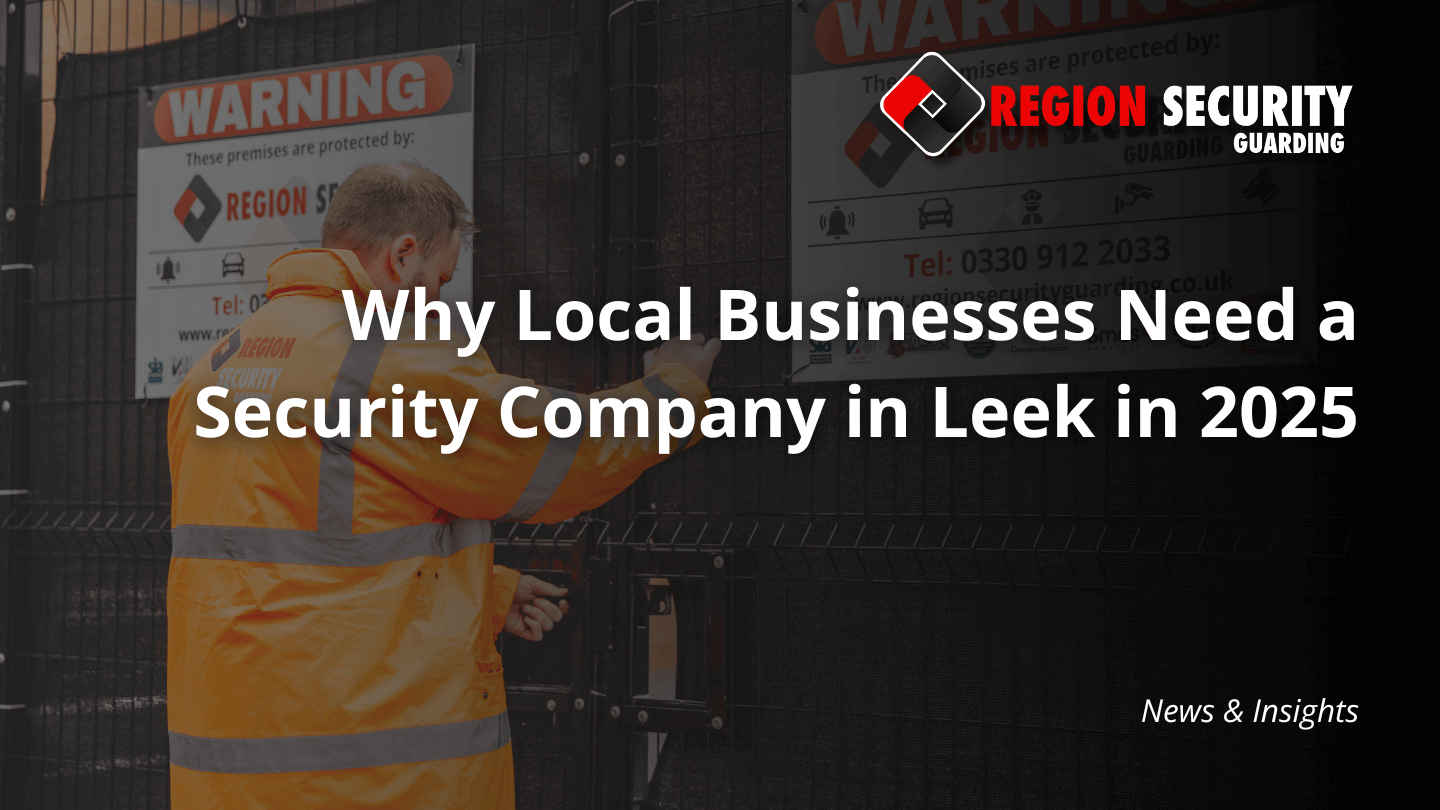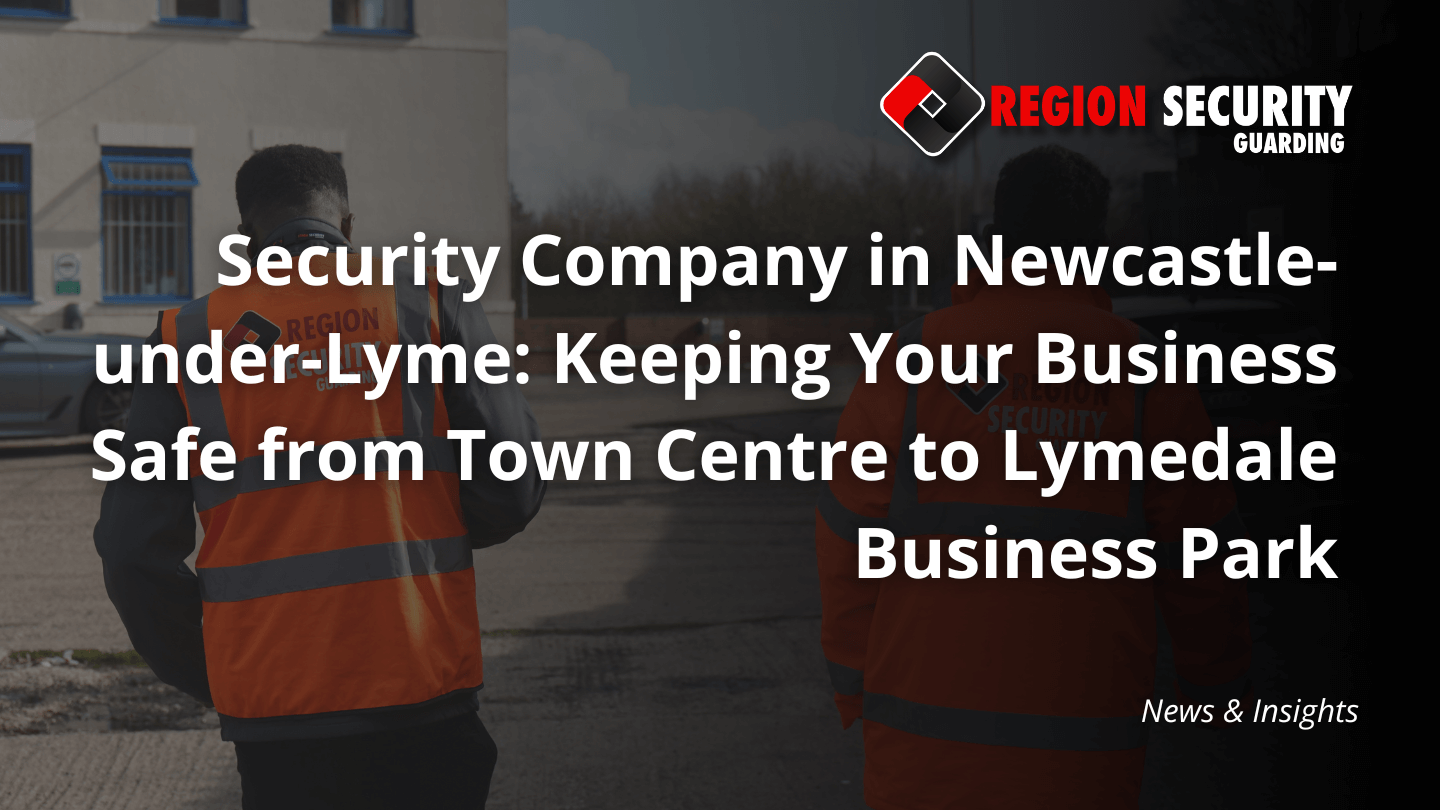In today’s world, where security is top priority, having a reliable surveillance system for your property can offer unmatched peace of mind. Learning how to install a CCTV camera can be a transformative step toward enhancing your safety.
Yet, the idea of setting up CCTV might feel overwhelming, with technical terms and an array of camera options to choose from. That’s why we’ve put together this comprehensive guide. We’ll walk you through key considerations, including the best locations to install security cameras at home and options for professional installation.
Each camera you set up is more than just a device; it’s a critical component in enhancing the security of your home or business. Effective CCTV monitoring is an essential part of creating a safer, more secure environment. Let’s dive in and take the first step toward protecting what matters most.
Table of Contents

Why Install CCTV?
Installing CCTV cameras is a proactive and effective step toward safeguarding what matters most. Whether you’re securing a construction site or protecting a retail store, CCTV systems provide unparalleled peace of mind and act as a powerful deterrent against potential threats.
Beyond immediate surveillance benefits, CCTV installation significantly enhances overall security and promotes the well-being of your environment. When combined with other security measures, such as on-site security guards, CCTV cameras address a wide range of security concerns with precision and reliability.
These systems deter criminal activity through their visible presence while offering round-the-clock monitoring. This enables the swift detection and documentation of suspicious incidents, which can be invaluable for identifying perpetrators and serving as evidence for legal or insurance claims.
In business settings, CCTV doesn’t just enhance security—it also fosters accountability and boosts productivity. A well-monitored workspace creates a safer and more efficient environment for employees and customers alike.
Ultimately, CCTV systems provide a heightened sense of security, empowering you to confidently protect your property and those within it.
Who Can Install CCTV Camera?
Installing CCTV cameras on your property is entirely legal, and anyone—whether a homeowner or business owner—has the right to do so. By installing security cameras, you take an essential step toward safeguarding your property, deterring intruders, and ensuring the safety of everyone within.

Do I Need A Licence To Install CCTV?
In most regions, installing CCTV cameras for residential or small-scale commercial use does not require a specific licence. However, regulations can vary depending on local laws and policies. Homeowners typically have the freedom to install CCTV on their own property without a licence, but certain rules may apply to large-scale installations or cameras covering public areas.
To ensure compliance, it’s crucial to research the legal requirements and regulations in your area before setting up your cameras. Consulting with your local authorities or seeking advice from security professionals can provide clarity and help you avoid potential legal issues. Taking these steps ensures your installation is both effective and compliant.
How Much Does It Cost To Install CCTV Cameras?
There is no single cost for installing CCTV cameras, as prices can vary widely based on several factors. These include the number of cameras, the type and quality of the cameras chosen, and additional features such as night vision or motion detection. It’s also important to account for the cost of supplementary equipment, such as wiring, storage devices, and monitors.
The total cost will ultimately depend on the specific needs of your property and the level of security and coverage you require. For instance, CCTV in a school might need a more extensive system with specialised cameras compared to a homeowner looking to secure their property.
To help you navigate these considerations, we’ve outlined some key factors to keep in mind when planning your CCTV installation below:

1. Number Of Cameras
Determining how many security cameras you need is a key step in planning your CCTV installation. Each additional camera will increase the overall cost, so it’s important to balance coverage requirements with your budget.
2. Type Of CCTV Camera
The type of cameras you choose can significantly affect the cost. From dome cameras to night vision cameras, selecting the right model for your specific needs requires careful research. Keep in mind that advanced cameras with features like high resolution, motion tracking, or AI capabilities will typically come at a higher price.
3. Type Of Property
The nature of your property can also influence installation cost. Older buildings, for instance, may require additional work to accommodate wiring or mounting, especially if the property is listed and subject to specific preservation rules. These considerations can add to the overall expense.
By understanding these factors, you can better plan your CCTV installation and ensure it meets your security needs while staying within budget.

How Long Does It Take To Install CCTV?
The duration of a CCTV installation can vary based on several factors, including the number of cameras, the complexity of the setup, and the type of cameras being installed. A straightforward installation with fewer cameras might just take a few hours, while larger, more intricate systems could require a full day or more.
To ensure a smooth process, it’s essential to assess your specific needs before installation. Factors like the property layout, camera features, and the installer’s expertise all play a role in determining how long the installation will take.
By planning ahead and working with skilled professionals, you can ensure the installation is completed efficiently and tailored to your requirements.
What Are The Things Needed For CCTV Installation?
When planning your CCTV installation, careful preparation is key. Here are some essential factors to consider:
1. Camera Layout and Placement
Start by walking around your property to determine the optimal placement for your cameras. Consider areas like entrances, driveways, and blind spots, ensuring that cameras are positioned near power sources if they’re not battery-operated.
If you plan to use dummy security cameras as a deterrent, place them in highly visible locations, such as entry points, to maximise their effectiveness in reducing the risk of crime.
2. Data Storage Solutions
Organising reliable data storage is a critical aspect of CCTV installation. Video footage can consume significant space, so it’s essential to store it securely and accessibly. Having past recordings available can be invaluable for reviewing activity near your property.
Common options include:
- Cloud Storage: Offers remote access and scalability but may require a subscription.
- On-Site Video Recorders (NVR/DVR): Ideal for centralised storage within your home or business.
- SD Cards: Convenient for individual cameras but may require frequent management, especially for high-definition recordings.
3. Consider Resolution and Storage Capacity
High-definition cameras provide clearer footage but demand more storage space. Plan accordingly to ensure your storage solution can handle the volume of data generated by your system.
By thoughtfully planning your camera layout and choosing the right storage method, you’ll set up an effective and efficient CCTV system tailored to your security needs.

CCTV Camera Placement Guidelines
Proper placement is essential for effective CCTV camera installation. While some areas of your property may allow for straightforward camera setup, others might require additional effort.
For example, mounting cameras high up on walls or in hard-to-reach locations can take more time and effort, potentially increasing installation costs. These elevated positions, however, often provide better coverage and reduce the risk of tampering, making them worth the extra investment.
Carefully assessing your property’s layout and identifying key vantage points can help you strike the right balance between ease of installation and optimal coverage.
How To Install CCTV Cameras At Home
Installing CCTV cameras at home can be done in a couple of ways: you can either do it yourself or hire a professional security company to handle the installation.
Given the advanced technology behind many modern CCTV cameras and the variety of options available, the setup process can be quite complex. For example, certain cameras may need to be drilled into walls, and if you opt for wired cameras, you’ll need to run cables to a power source.
If you’re comfortable with electronics and DIY tasks, you might feel confident installing CCTV cameras on your own. However, if you’d prefer to save time and avoid potential frustration, hiring a professional can ensure that the installation is done correctly and efficiently.

Where to Install CCTV At Home?
When planning your CCTV installation, one of the most important factors to consider is the purpose of the cameras. If your primary goal is to protect your home from crimes like burglary, focus on covering key entry points, such as doors and windows. Front and back doors should be prioritised, as well as windows, particularly those at the rear of the house, which are common targets for burglars.
Outdoor security cameras are ideal for monitoring these areas, but you may also want to consider placing interior cameras in strategic locations, such as hallways, to capture any intruders who manage to break in. This footage can be vital for evidence if a crime occurs.
Additionally, areas like your garage and driveway are important to cover, as these can also be vulnerable to theft or damage. By carefully considering your home’s layout and security needs, you can place cameras where they’ll provide the most comprehensive protection.
Is It Legal To Install CCTV At Home?
In most cases, installing CCTV cameras at your residential property is legal. However, it’s important to be mindful of privacy laws to ensure you’re in compliance with regulations.
Under the Data Protection Act 2018 and GPDR, homeowners must follow strict data protection guidelines. CCTV should be used for legitimate purposes, such as protecting your property, and you must ensure that individuals are aware of the cameras. This can typically be achieved by placing clear and visible signs that inform others of the surveillance.
For detailed guidance on the legal aspect of CCTV installation, you can refer to official resources such as gov.uk.

Is It Worth Installing CCTV At Home?
Installing CCTV at home can be a smart investment, especially if you’re looking to lower your insurance premiums or keep track of activity around your property.
If you’re worried about the possibility of theft, CCTV cameras provide an added layer or security. When combined with other measures, such as security alarms, they not only help protect your home but also serve as a powerful deterrent to potential criminals. The enhanced security can offer greater peace of mind, knowing that your property is being actively monitored.
Installing CCTV Cameras Outside
Securing the exterior of your property with CCTV cameras requires thoughtful planning. One of the key considerations is the placement of your cameras. Ensure they are positioned to cover critical areas like entrances, driveways, and blind spots. However, be mindful of where your cameras are pointing—capturing footage of neighbouring properties may breach data protection laws.
The type of cameras you choose is another important factor. For instance, wired cameras require power cables, which may involve additional installation work, while battery-powered cameras offer more flexibility and a simpler setup.
Installing outdoor CCTV not only enhances your property’s security but also provides peace of mind, knowing that your home or business is being monitored and protected around the clock.

How To Install CCTV Camera Outside
Installing a CCTV camera to secure outdoors areas typically involves mounting the camera on a durable bracket or mount. Here’s a step-by-step outline:
1. Mount Installation
Begin by choosing a strategic location for the camera. Drill holes into the wall and use mounting screws and anchors to securely attach the camera mount. Ensure the mount is stable to withstand outdoor elements.
2. Camera Attachment and Positioning
Once the camera mount is in place, secure the camera onto it. Adjust the camera’s angle to cover the desired area effectively. Test the view to ensure there are no blind spots or obstructions.
3. Wiring Considerations
If you’re installing a wired camera, plan the route for the cables to connect to a power source and recording device. Conceal the wires to protect them from tampering and weather damage, using conduits or cable clips if needed.

How To Install CCTV Camera: Top Tips
Installing CCTV cameras may seem challenging, but with the right approach and guidance it can be done effectively. At Region Security Guarding, our security experts are here to handle the process for you if needed. In the meantime, here are some key tips to keep in mind for a successful CCTV installation:
1. Check Your Lighting
Ensure that the areas you want to monitor are well-lit. Poor lighting can render your footage ineffective. If you’re recording at night, choose cameras equipped with night vision or install additional lighting, such as motion-activated floodlights, to improve visibility.
2. Cover All Property Entrances
Securing all potential entry points is crucial. Start by covering the main entrance, like the front door, to monitor who comes and goes. Don’t forget to secure less obvious but vulnerable areas, such as windows, garden gates, cellar entrances, or side doors.
3. Choose The Right Technology For Your Needs
The best CCTV setup depends on your specific requirements.
For dynamic coverage of a large area, opt for rotating cameras or pan-tilt-zoom systems. If you need high-quality, detailed footage for a specific location, go for wide-angle, high-resolution cameras.
Consulting with a security firm can help you identify the ideal system for your needs and ensure it’s set up correctly.
For more insights on CCTV systems, including whether CCTV is better than warehouse security guards, visit our news & insights page. A little research and expert guidance can go a long way in enhancing your property’s security.
Business Security You Can Rely On
Trusted by leading businesses nationwide for reliable, 24/7 protection.
or call 0330 912 2033

We have used Region security for quite a while now. Top notch service, great guards and helpful staff. We love our guards and the team for all of their help / work. No need to try the other companies at all."
Andy Yeomans - Jones Skips Ltd
Great company, professional services, friendly guards and helpful at times when required."
Rob Pell - Site Manager
A professional and reliable service. Always easy to contact and has never let us down with cover. No hesitation in recommending and competitively priced also. After using an unreliable costly company for several years it is a pleasure to do business with Region Security"
Jane Meier - Manager
Region Security were very helpful in providing security for our building. We had overnight security for around 4 months. The guards themselves were professional, easy to reach and adapted very well to our specific needs. Would definitely recommend Region for security needs.
Lambert Smith Hampton
Great service. Reliable and professional and our lovely security guard Hussein was so helpful, friendly but assertive with patients when needed. He quickly became a part of our team and we would love to keep him! Will definitely use this company again
East Trees Health Centre
Fantastic Service from start to finish with helpful, polite accommodating staff, we have used Region Security a few times now and always been happy with what they provide.
Leah Ramsden - Manager




